
Maria Gonzalez: Building a new future
One of the most emblematic organizations of the Latino community in Philadelphia is about to launch an initiative that it hopes surpasses its own history of…
One of the most emblematic organizations of the Latino community in Philadelphia is about to launch an initiative that it hopes surpasses its own history of accomplishment from the past 30 years.
The Hispanic Association of Contractors and Enterprises (HACE) is preparing to announce next month its newest 10-year neighborhood plan, through the Well Fargo Regional Foundation which granted $100,000 to develop a strategic plan that will continue the vision of its founder Guillermo "Bill" Salas Jr.
Originally from San Sebastian, Puerto Rico, but raised in Philadelphia, Salas devoted much of his life to support the growth of the Latino business community.
Without staff members or an operating budget, Salas founded HACE in the early 1980s in order to support economic development and community revitalization in the neighborhoods of Fairhill and St. Hugh.
Three decades later with $90 million invested in the community, an operating budget of just over a million and eight large-scale constructions, the organization is ready to expand its revitalization with a new vision.
For two years now HACE has been led by another 'Phillyrrican', who like Salas, grew up in the community.
"I was born in Puerto Rico and came here when I was 10 years old. I grew up in this community and personally know of the struggles our families face every day and the sacrifices they make to raise their children," said Maria Gonzalez, current President of HACE.
Gonzalez described herself as a person who grew in poverty and whose experiences have greatly influenced how she approaches her work.
"I want for our families to live in a healthy environment and be successful. I approach my work as if it was my family, as if it was my house," she added.
Her long involvement with the company started back in 1996, overseeing every aspect — from development through construction — of each project, to the creation of a team and fundraising.
"There is always challenges when it comes to dealing with state, local or even federal funding, because is very limiting and restrictive" Gonzalez said. "The next challenge is land. So is the how we acquire land to do the work that we do."
She explained her rise to the presidency of the organization was a smooth transition in her career, having 12 years of experience as the vice president of HACE.

Currently she hopes to make a major contribution to the growth of the organization. "The 10-year neighborhood plan is going to be a really exciting because we are going to work with the community and with different stakeholders to develop a roadmap, a strategy to continue in the development of the neighborhoods that we serve," Gonzalez said.
Another of her goals is to build wealth through homeownership and expand social services for the community’s elders.
Gonzalez described Salas as her mentor and said one of the lessons she learned from the civic leader is never to take "no" for an answer and "also how to restructure financing deals and how to develop collaborations."
"Collaboration is like commandment number one. You have to collaborate because government only gives you 50 cents and you have to raise the other 50 cents from other sources," she said. "To the extent that you collaborate with others then you are able to leverage and be so much more impactful in the community."
Besides heading up HACE, Gonzalez is part of several local boards, including the American Street Empowerment Zone, where she is the chairperson of the oversight board.
She is also part of the Mayor's Office for Community Empowerment and Opportunity, the board of the Philadelphia Housing Trust Fund, and the Philadelphia Association of Community Development Corporations. "So pretty much everybody knows what HACE is,” Gonzalez said.
During the development of housing projects, HACE focuses on encouraging the participation of retail minority contractors, as well as the involvement of community members. As a result of its development program for affordable housing, HACE runs a management company that employs 23 individuals in the community.
According to Gonzalez, at the end of the day each project, plan or strategy is developed as a source for job creation.
"A lot of people are talking about poverty. Poverty is a paradox, there are many reasons why people are poor and there are many strategies to get people out of poverty," Gonzalez said. "The crucial one is you have to be able to increase the ability of that family or that individual to be able to make more money. That's really what is going to get him out of poverty: A job," she said.
An example of this strategy of job creation is the organization’s collaboration with Mercy Health System and the construction of “HACE Life Center” (3240 N. Hancock Street), completed in 2009. The center provides social and health services to elderly residents while it provided 30 new jobs in the community.
"We had a similar partnership with Aramark Corporation and build a food distribution facility (1624 N. American Street), a 10,800 square feet construction done in 2003, that created 20 new jobs," Gonzalez said.

The most recent project was the transformation of a vacant lot into the construction of 50 houses for first-time low income buyers.
The complex “'Lawrence Court Town Homes” (3300 N. Lawrence Street) opened April 2011 providing 45 homes for residents with incomes at or below 80 percent of the area median income (AMI). The remaining five houses were available for families with up to 115 percent of AMI.
"We see ourselves as agents of communities to create change," said Salas during the inauguration of this housing complex, whose street now bears the name of Guillermo "Bill" Salas, Jr. in honor of HACE’s founder.
The starting point for the organization was the impending closing of a central shopping mall in the heart of the Latino commercial district in eastern North Philadelphia, known as El Centro de Oro in 1982, a time when decades of economic disinvestment were visible.
Since then it has greatly focus on the financial support, expansion and business development in the commercial corridor along 5th Street and Lehigh Avenue, where currently a large number of Latino businesses are located.
Not only a developer, but also a manager of housing and commercial ventures, the organization has produced more than 400 housing units and more than 30,000 square feet of office/retail space, also offering counseling services, real estate and access to commercial loans.
HACE completed its first Neighborhood Strategic Plan in 1995 with support from the city’s Office of Housing and Community Development (OHCD) and the Philadelphia Neighborhood Development Collaborative (PNDC). Based on its success, the organization coordinated its second strategic plan in 2005 to be followed by this year’s new roadmap.
In terms of access to housing for Latinos, Gonzalez believes good progress has been made, except in the care of elderly Latino residents, one of the main sectors the organization serves.
"Right here we have 200 households for senior citizens. But they still need a lot of help and services. And that is what our neighborhood plan is really going to help me learn: how we can be more supportive? How can we further support the elderly population in our neighborhood," Gonzalez said.

Also she believes that many more mentoring programs are needed for young Latinos and Latinas.
"I raised three good kids in this neighborhood. If I did it others can do it too," Gonzalez said. "It's not easy but we have to give our kids other options, and that is what we like to do and what we like to promote."
"I have a great team and staff. They are really wonderful and engaged and believe in the mission,” she said. "We operate lean and mean, so we are strategic and we partner with the organizations that do the work that we don’t do."
"As a Latina woman, I use my position to help people in our community with their basic human needs, connect to the larger collaborative efforts in the city, and hopefully help chart a path out of poverty," she said.


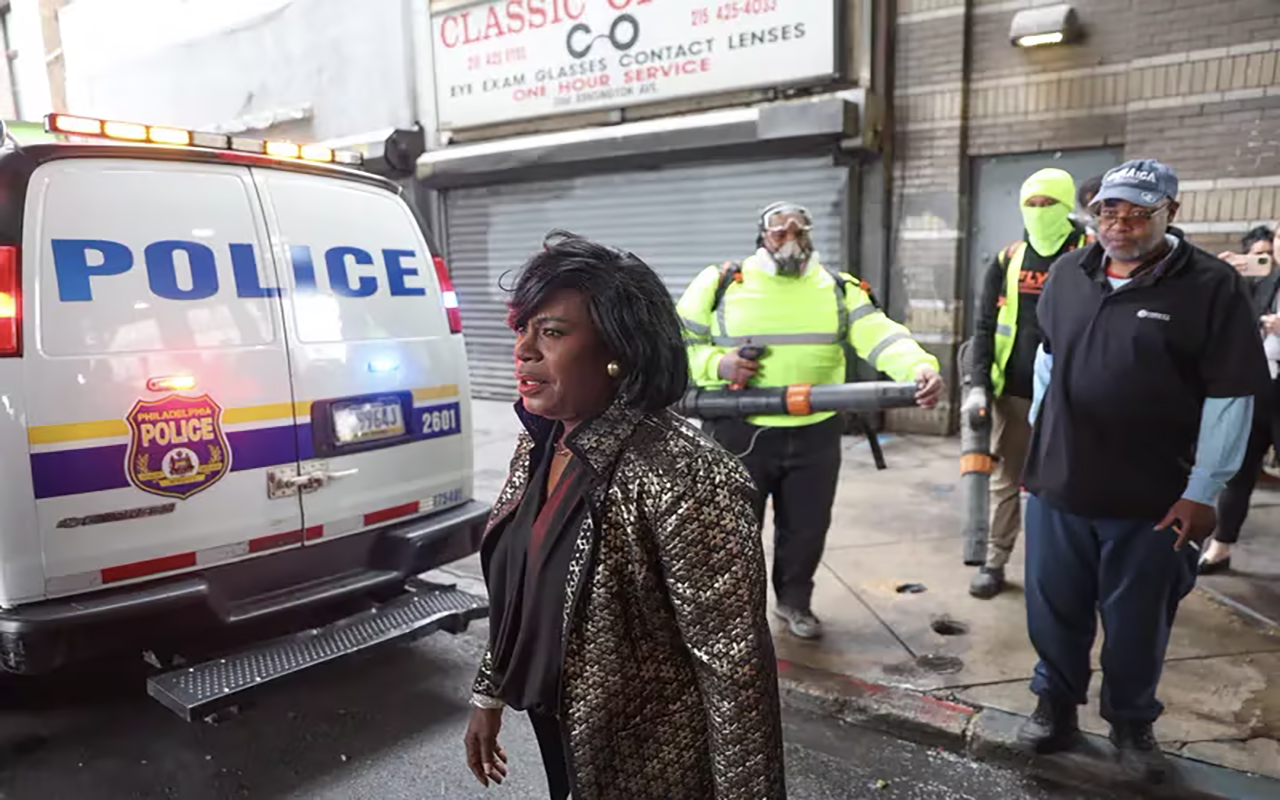
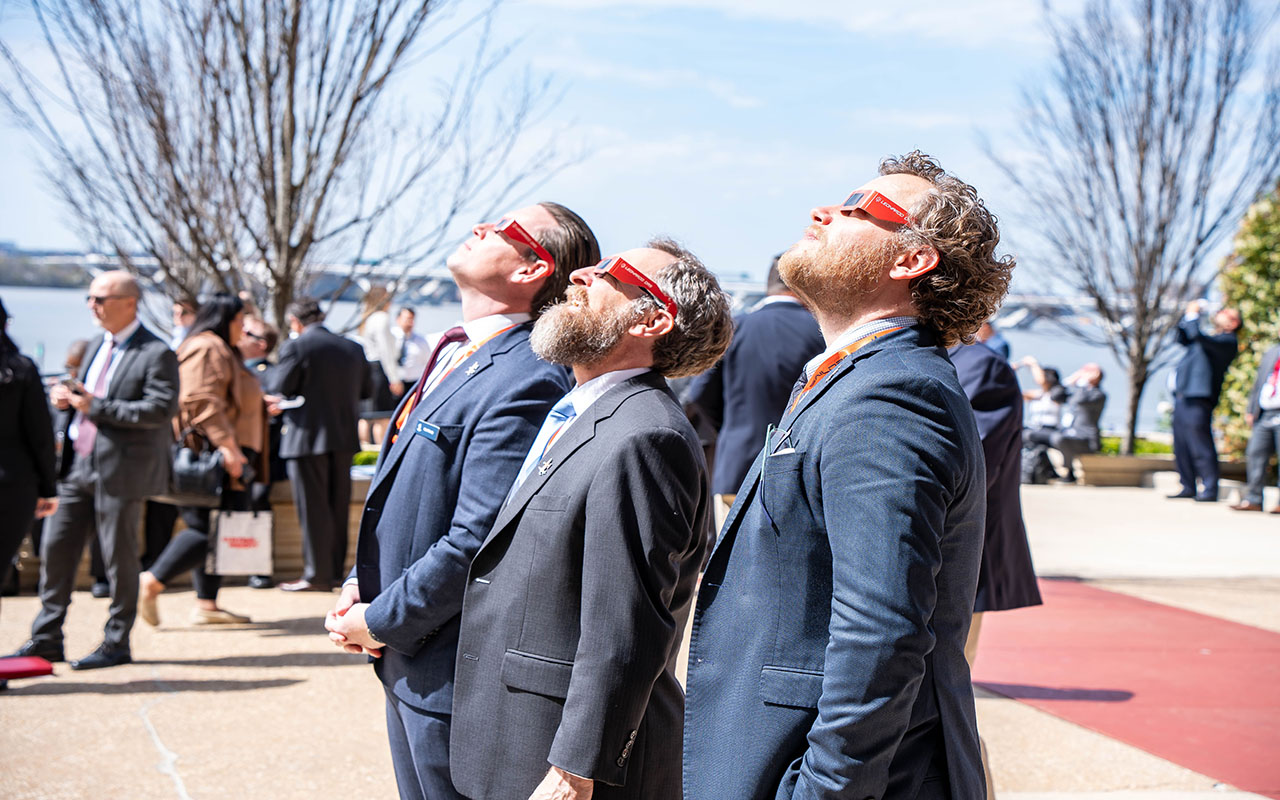

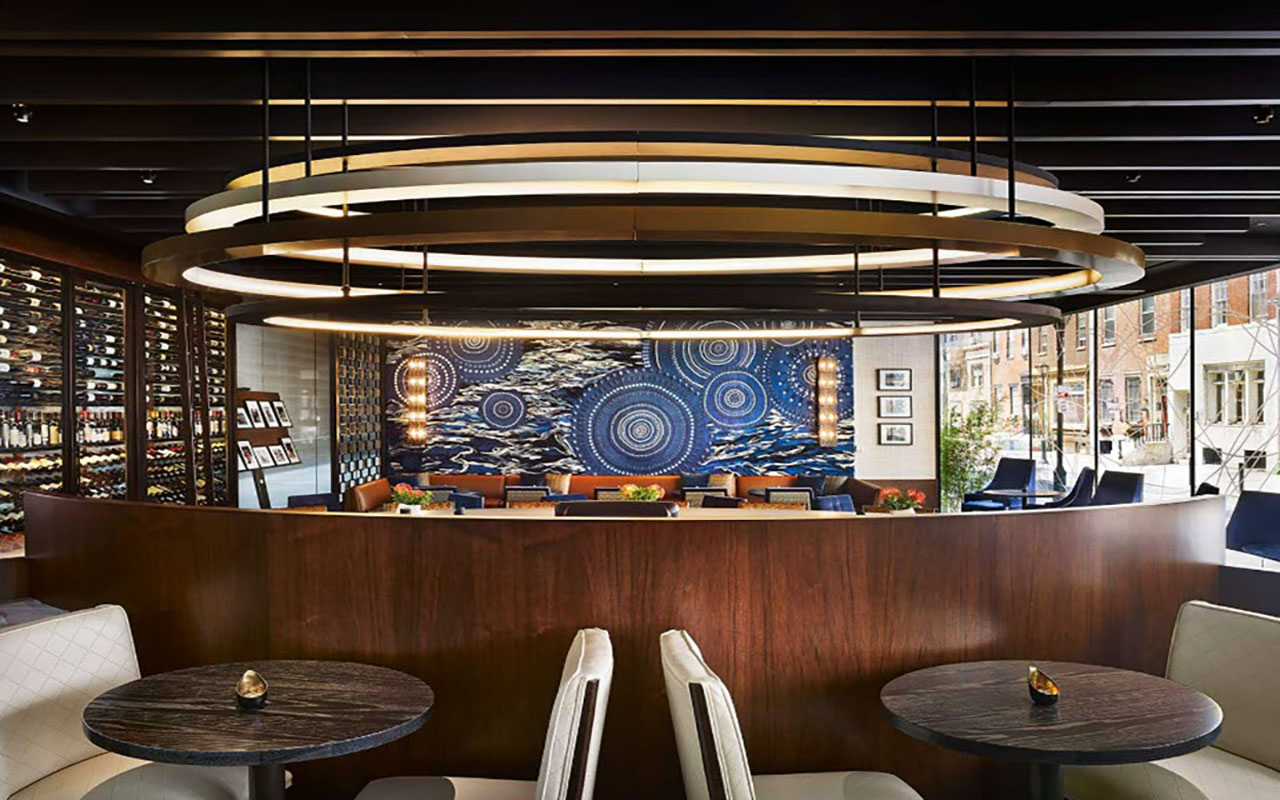
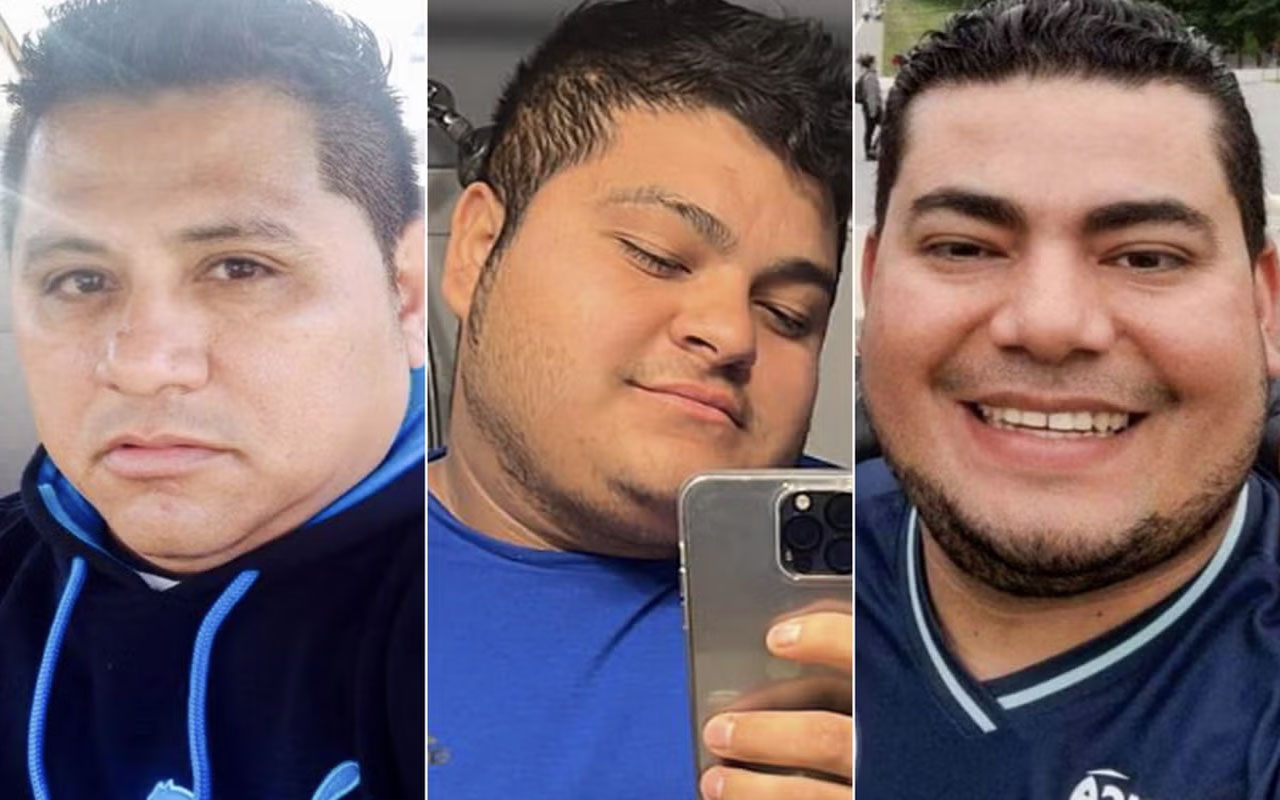
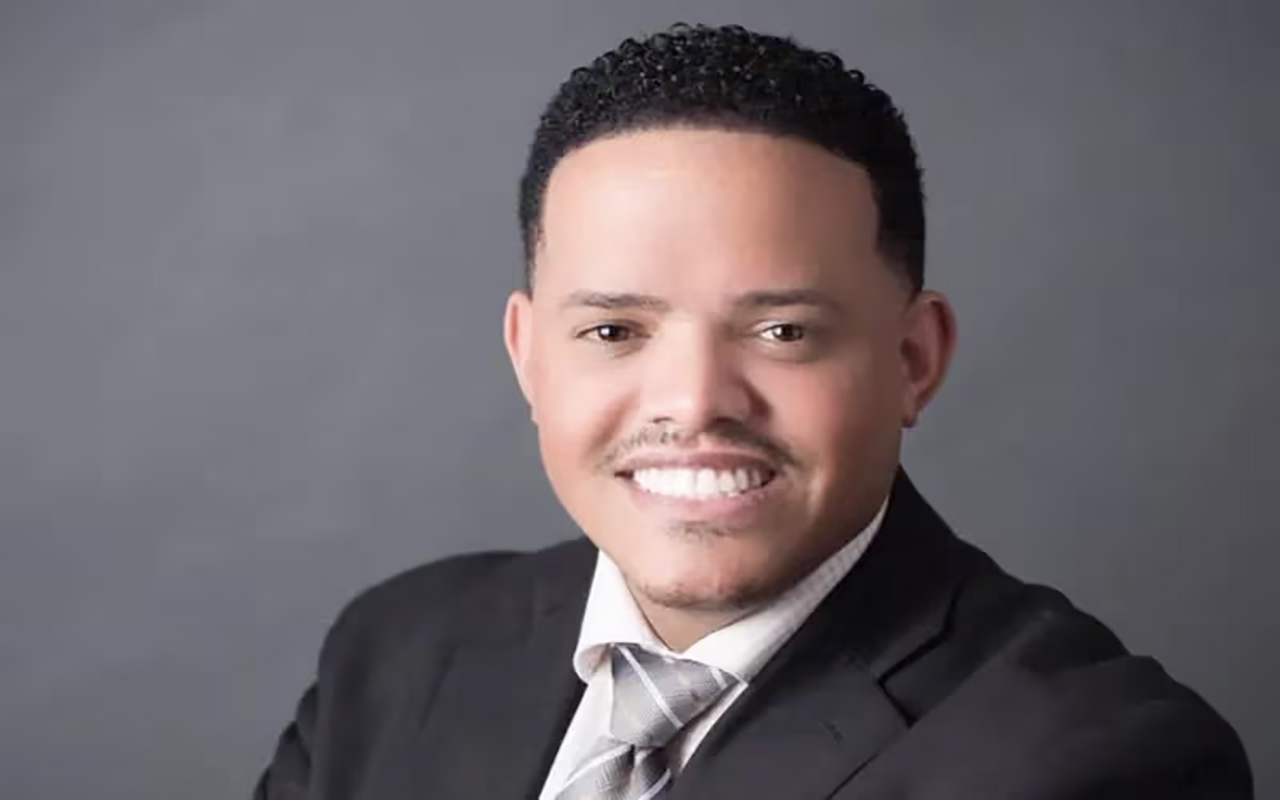
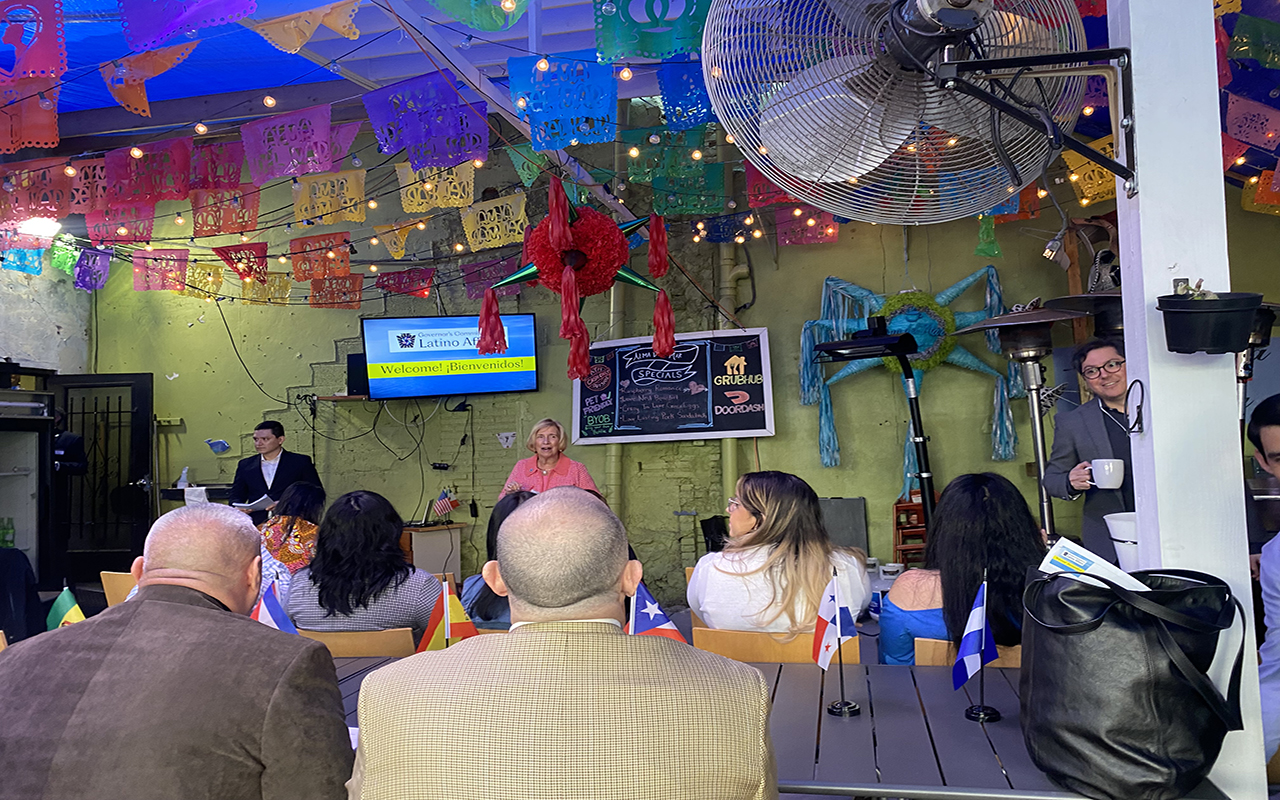

LEAVE A COMMENT:
Join the discussion! Leave a comment.